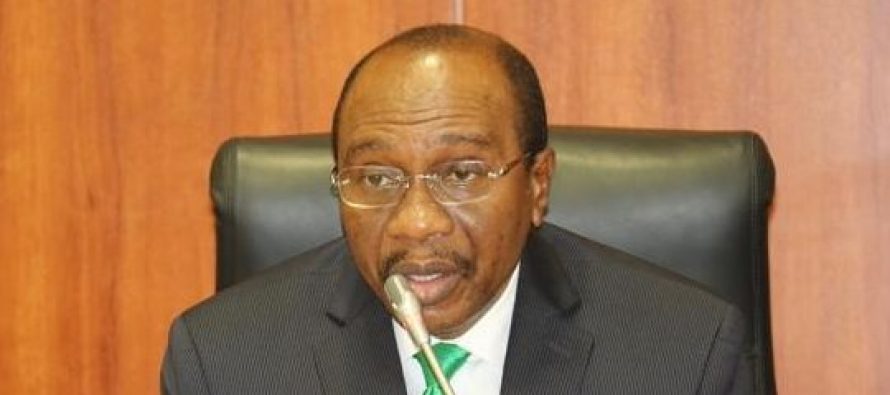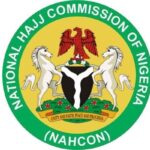The Monetary Policy Committee of the Central Bank of Nigeria ended its two-day meeting on Tuesday, May 24, 2022, with an increase of 1.5 percentage points to its Monetary Policy Rate. That move, the first in about 30 months, raised the rate to 13 per cent from 11.5 per cent.
The MPC gave as its major reason for the increase the need to reign in inflationary pressure in the economy that has brought with it various consequences on consumers, producers and savers alike. With the latest figures released by the National Bureau of Statistics, Nigeria’s annual headline inflation rate rose to 16.82 per cent in April, from 15.92 per cent in the preceding month. The April increase was the third consecutive rise this year.
Notwithstanding the reasons adduced by the CBN for the latest rate increase, we call on the monetary authorities to reverse it immediately. We do not see it doing any good to the economy at this point in time. In fact, we see this as an ill-timed tightening that obviously emanated from a wrong diagnosis of the causes of inflation in the country.
First, the CBN’s obsession with money supply as the cause of inflation in the country has led it to this penchant for interest-rate increases each time it attempts to tackle the monster called inflation. While the quantum of money in circulation does have some level of impact on the general price level, the Central Bank should be able to isolate the causative factors and how its policies can help address each specific variable.
Secondly, the hike came on the heels of similar increases in interest rates by various central banks, including the American Federal Reserve Bank, and the Bank of England, among others. These moves, as in the case of CBN, were taken as part of the fight against the global resurgence in an inflationary spiral. Thus, the action of the CBN was quite expected by the markets. Yet, the fact that many nations are raising interest rates does not mean that we too must raise ours. While policy actions must be taken in the context of the general global economic trends, it also behoves our local authorities to avoid the bandwagon effect in our policy decisions because our circumstances are not necessarily the same.
There is enough evidence to the fact that the trouble with Nigeria’s economy now is more of structural dislocations. Even the CBN itself did admit in its communique at the end of the meeting that the rise in headline inflation resulted from “rising energy prices associated with the epileptic supply of Premium Motor Spirit (PMS), high cost of Automotive Gas Oil (AGO), mostly used in transportation and production as well as a progressive hike in electricity tariffs”.
The bank equally admitted that the rise in the food inflation (which rose to 18.37 per cent in April, from 17.20 per cent in March) was driven by shocks to food prices resulting from “persisting security challenges in major food-producing areas and legacy infrastructural problems which continue to hamper food supply logistics and storage across the country”.
Agricultural production has been disrupted across the nation, and indeed has even stopped completely in some places as a result of banditry, kidnapping and other forms of insecurity. Also, in this particular instance, the CBN cannot feign ignorance of the mindless election-induced spending currently going on in the country. A lot of money that contributes nothing to production is currently being pumped into the local economy, thus, whereas production in the real economy has shrunk, pressure on the price level has been heightened by the unproductive increase in money supply outside the banking system.
This being the case, we wonder how in the calculations of the monetary authorities the increase in interest rate will control the spending by the political class in its desperation to capture power by all means. How can interest-rate measures reduce the spending powers of political power horses who have stowed away stacks of money both in foreign and local currencies for dispensing at party events? As far as we can see, such a means is not quite evident in all that the MPC said.
Expectedly, the manufacturing sector and others engaged in real production have cried out over the recent hike. The Manufacturers Association of Nigeria, for instance, has raised its voice on the development, warning yet again that it will add to the burdens of the sector. And we cannot agree less with them. According to the group, the hike will have ripple effects on the economy, including engendering upward review of existing lending rates, and a reinforcement of the low demand for manufactured goods by Nigerian consumers whose purchasing power has already been whittled by the existing harsh economic environment.
Nigerians have had enough of these flip-flop policies that worsen, rather than solve, our problems. The eNaira and the Naira-for-dollar policy are just two examples of such policies that sound great on paper but add very little in reality. We, therefore, call for a reversal of the rate and for the CBN to seek other ways of tackling inflation. Ordinary Nigerians must not be punished for the indiscretions of a mindless political elite.

 Join Daily Trust WhatsApp Community For Quick Access To News and Happenings Around You.
Join Daily Trust WhatsApp Community For Quick Access To News and Happenings Around You.


